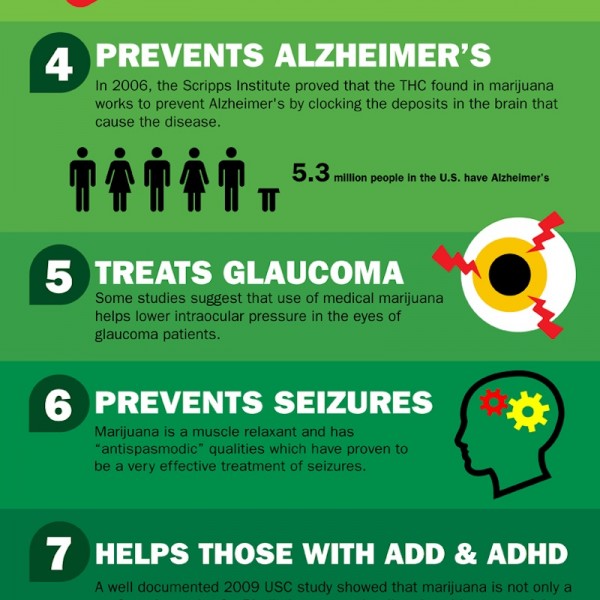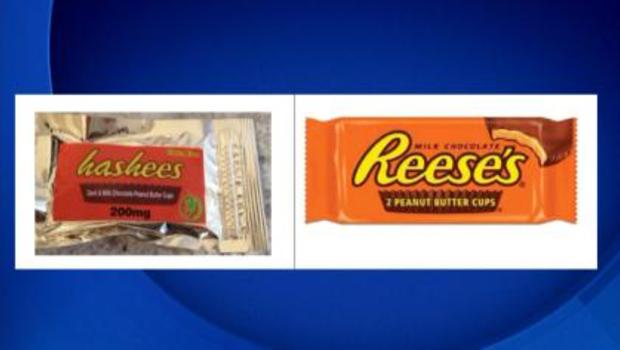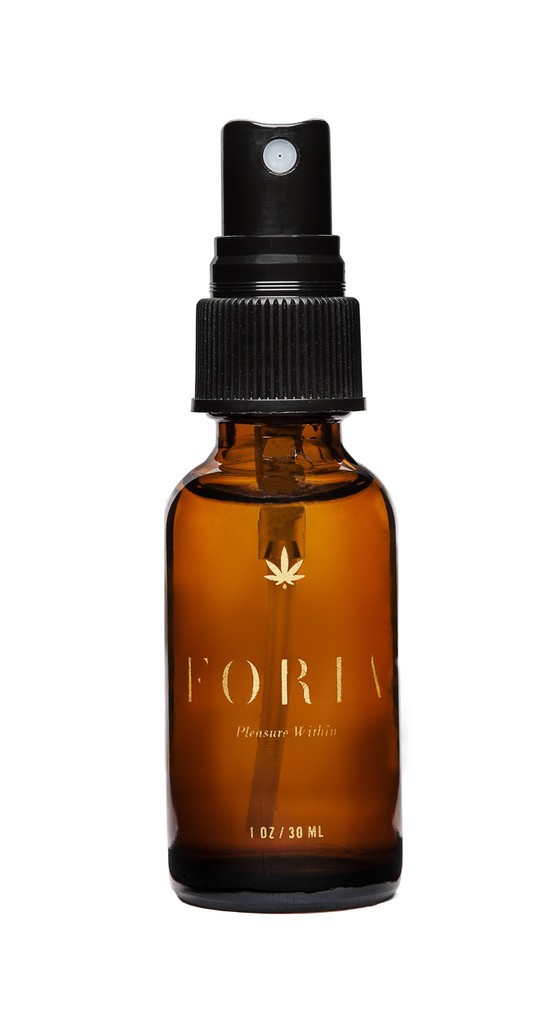Welcome to Medical Marijuana Tampa —or, as some are calling it, Cannabis U. Their slogan: “Take Your Career To A Higher Level.”
About the Author
A Gonzo journalist hailing from New York City, Gonzo has contributed to pretty much every marijuana magazine and blog in the nation. He covers Medicinial, Growing and National News for Higher Ground. And since it’s not legal where he lives, he’ll remain anonymous. For now.You Might also like
-
IT’S NOT BULLSHIT: CANNABIS CAN HEAL. HERE ARE 10 HEALTHY BENEFITS YOU MAY WANT TO ASK YOUR DOCTOR ABOUT
Now that several States have successfully legalized weed both for recreational purposes and medical reasons, others states are wondering if they can do the same. In this debate, many are forgetting a crucial argument in favor of marijuana legalization: the health benefits.
As marijuana is a Schedule I controlled substance, it must be tested under the strictest of circumstances. But the (too few) marijuana studies that have been commissioned show great potential for the advancement of medicine, leading notable experts such as CNN’s Dr. Sanjay Gupta to change their mind regarding legalization.
If you are still on the fence about marijuana legalization, here are 10 surprising health benefits to consider.
-
HERSHEY SUES EDIBLE MARIJUANA CO. OVER EDIBLES (AND REEFERS PEANUT BUTTER CUPS)
(Washington Post)
The Hershey Co. has filed a trademark suit against an edible marijuana company for selling weed-infused snacks with packaging that mimics some of Hershey’s signature candies.
In the lawsuit, filed last week in U.S. District Court in Denver, Hershey claims that the Colorado-based medical marijuana manufacturer Tincture Belle is selling products that look suspiciously like its Reese’s, Heath, Almond Joy and York Peppermint Pattie brands.
Not only are the products packaged in similar colors as the Hershey originals, the candy-making giant contends, their names are also reminiscent of their analogs: Hashees, Hasheath, Ganja Joy and Dabby Patty.
Hershey says that the packaging is not only a clear trademark violation, but also a safety risk to consumers — especially children — “who may not distinguish between Hershey’s candy products and defendants’ cannabis- and/or tetrahydrocannabinol-based products.”
Although recreational and medicinal marijuana sales are legal in Colorado, the burgeoning edible pot industry has raised some safety concerns.
In April, a Denver teen plunged off a balcony after eating six times the recommended amount of a marijuana brownie. And another man was accused of killing his wife in a hallucinatory episode after eating marijuana candy and rolling a joint, according to CBS News.
New York Times columnist Maureen Dowd’s own encounter with a caramel-chocolate flavored candy bar prompted her to argue in her column for greater regulation of the edibles industry.
It appears that Tincture Belle’s Web site and Facebook page are down. But according to the Associated Press, the products can be found in Colorado’s pot shops and medical marijuana dispensaries.
According to Tincture Belle, their pot products are gluten-free, vegan, sugar-free, GMO-free and peanut-free — although they do come with a hint of imitation.
(Thanks to Abby Philip for original post in Washington Post)
-
MARIJUANA IN THE BEDROOM: CANNABIS LUBE
There are quite a few natural ingredients that pull double-duty as lube: aloe, coconut oil… and marijuana?
Yes, seriously: Foria Pleasure, a soon-to-be-released ‘pre-lube’ for women is made with cannabis. Why? THC, the main mood-altering chemical in pot, is said to help stressed-out women relax their pelvic muscles, making it easier to get to the Big O.
Is it safe to use on our most sensitive of sensitive areas? Foria Pleasure is also made with one of the safest natural lubricants, coconut oil, but the jury is still out on utilizing cannabis in the bedroom.
“There’s very little research on the safety and effectiveness of products like Foria Pleasure,” says Sara Gottfried, M.D., a Harvard M.D. and OB-GYN. “Some studies show that in animals, cannabis can adversely affect the vagina and uterus, and cause cessation of menstruation.”
Foria Pleasure will be out later this spring, but there’s one very important thing to note before you plan some marijuana-laced nookie: You have to live in a state that allows the legal sale of marijuana for medicinal or recreational use. You must have a medical marijuana card to even try a sample of the new product.
But, does it actually work?
“Some women with tight vaginal muscles anecdotally say that it helps them relax their pelvic tone,” adds Dr. Gottfried, “but data are lacking.”
Think we’ll skip on the vagina-toking for the time being.
Thanks to reporter Meagan Morris for this article.





